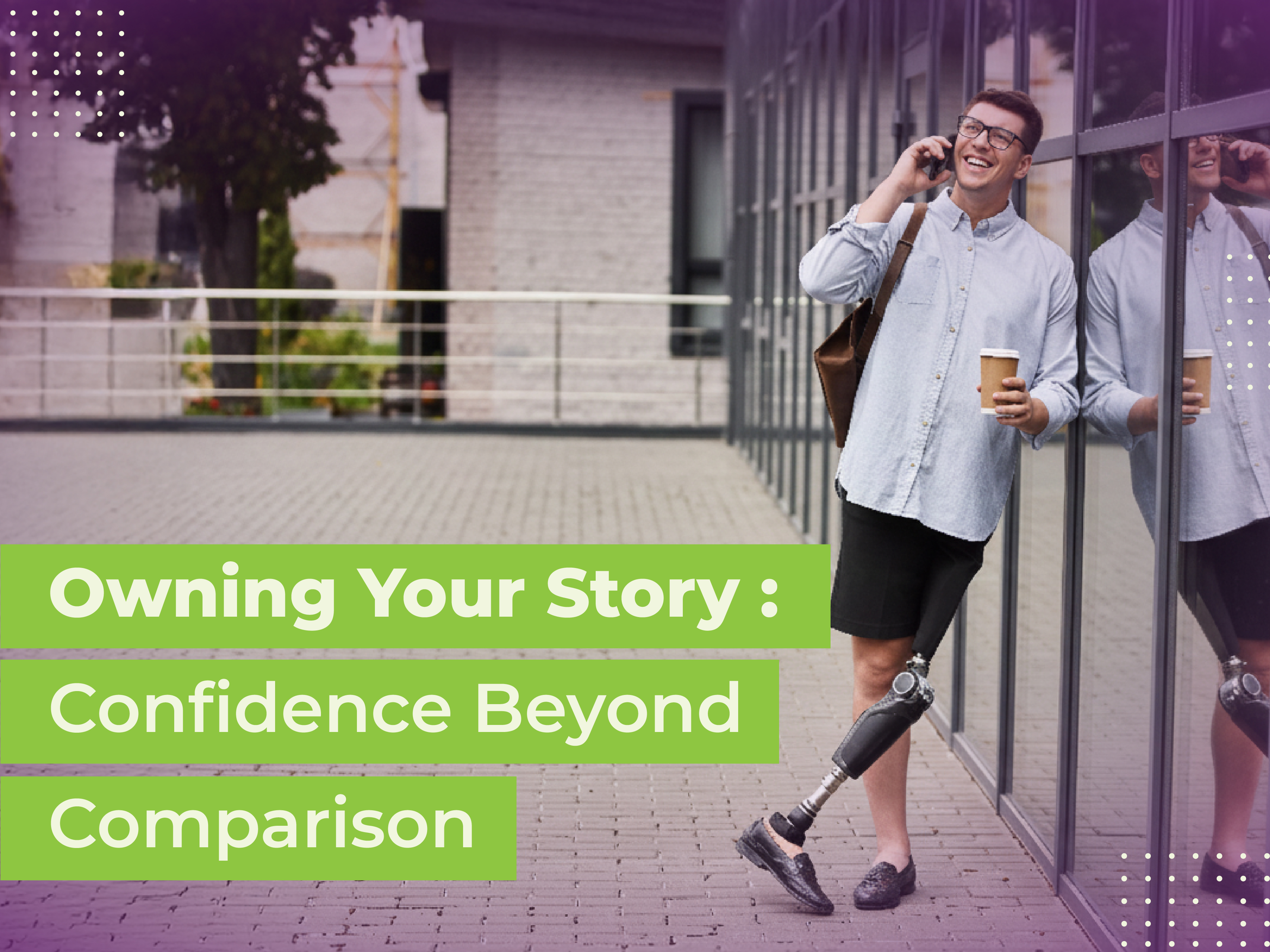NDIS Success: Building Bridges with Participants

The National Disability Insurance Scheme (NDIS) plays a vital role in empowering individuals with disabilities to live fulfilling and independent lives. At the heart of successful NDIS support lies the quality of the relationships between participants and the support workers who assist them. These relationships go beyond simply providing care; they are about fostering trust, understanding, and a sense of shared purpose. Building positive relationships with NDIS participants is crucial for maximizing the impact of the NDIS and ensuring participants feel valued, respected, and empowered within their communities.
Understanding the NDIS Landscape
The NDIS offers a diverse range of supports tailored to the individual needs of participants. This can include assistance with daily living activities, employment support, community participation, and access to therapies. NDIS participants come from a wide spectrum of backgrounds and may have a variety of disabilities. Some participants may have physical disabilities requiring mobility assistance, while others may have intellectual disabilities or neurodiversities.
The Importance of Building Relationships
Developing strong relationships with NDIS participants is essential for several reasons:
- Improved Communication and Collaboration: Effective communication is key to understanding participants' needs, goals, and preferences. A strong relationship fosters open communication, allowing participants to feel comfortable expressing their needs and support workers to tailor their services accordingly.
- Enhanced Support and Empowerment: When participants feel a sense of trust and respect from their support workers, they are more likely to be open to new experiences and actively participate in their support plans. Positive relationships empower participants to take ownership of their goals and make informed decisions about their lives.
- Increased Motivation and Well-being: Strong relationships foster a sense of connection and belonging, which can significantly impact participants' well-being. Knowing they have a support system they can rely on can boost motivation, confidence, and overall quality of life.
- Reduced Frustration and Conflict: Open communication and mutual understanding can help prevent misunderstandings and frustrations. A positive relationship allows for conflicts to be addressed constructively and collaboratively.
- Building a Strong Community: NDIS participants are not alone. Strong participant-support worker relationships contribute to a more positive and inclusive community environment.
Fostering Trust and Connection
Here are some key strategies for building positive relationships with NDIS participants:
- Active Listening: Pay close attention to what participants are saying, both verbally and non-verbally. Show genuine interest in their thoughts, feelings, and experiences. Avoid interrupting and be patient, allowing them to fully express themselves.
- Respect and Empathy: Treat participants with dignity and respect, recognizing their unique individuality and lived experiences. Develop a sense of empathy by trying to understand their perspective and the challenges they face.
- Shared Decision-Making: Involve participants in the decision-making process regarding their NDIS plans. Discuss options with them, explain the pros and cons, and encourage them to express their preferences.
- Focus on Strengths: Every individual has strengths and abilities. Focus on what participants can do and encourage them to develop their skills and talents. Celebrate their achievements and offer positive reinforcement.
- Open Communication: Maintain open and honest communication with participants. Be transparent about your role and the limitations of your support. Encourage them to ask questions and voice any concerns they may have.
- Cultural Sensitivity: Be mindful of participants' cultural backgrounds and values. Adapt your communication style and support strategies to ensure they feel comfortable and respected.
- Building Rapport: Find common ground with participants, whether it be shared interests, hobbies, or life experiences. Building rapport fosters a sense of connection and makes interactions more enjoyable.
- Celebrating Milestones: Acknowledge and celebrate participants' achievements, big or small. Taking the time to celebrate reinforces positive progress and motivates them to continue working towards their goals.
- Professionalism and Boundaries: Maintain a professional demeanor during interactions, while also fostering genuine connection. Establish clear boundaries to ensure a respectful and appropriate working relationship.
Challenges and Considerations
Building positive relationships with NDIS participants is not without its challenges. Here are some factors to consider:
- Complexity of Disabilities: NDIS participants have diverse needs and abilities. Support workers may need to adapt their approach based on the specific disability of each participant.
- Communication Barriers: Some participants may have communication difficulties or require alternative communication methods. Support workers should be aware of these challenges and adapt their communication style accordingly.
- Personality Clashes: Just like any relationship, there may be times when personalities clash. The key is to remain professional, maintain respectful communication, and focus on finding common ground.
- Balancing Support and Independence: The role of an NDIS support worker is to provide support, but not to take over. It's important to strike a balance between empowering participants to be as independent as possible and offering assistance when needed.
- Ongoing Learning: The NDIS landscape is constantly evolving, and support workers need to stay up-to-date on best practices and disability awareness training.
Building a Supportive Network
Building positive relationships with NDIS participants extends beyond the individual support worker. Here's how to create a supportive network:
- Collaboration with Families and Carers: Collaborate with families and carers to ensure a holistic approach to supporting participants. Maintain open communication to share updates and ensure everyone is working towards the same goals.
- Teamwork with Other Support Workers: If a participant has multiple support workers, it's crucial to work as a team. Communicate effectively, share information, and coordinate efforts to ensure consistent and seamless support.
- Advocacy and Empowerment: Support workers can play a vital role in advocating for participants' rights and needs. Help them access resources, navigate complex systems, and ensure their voices are heard.
Conclusion
Building positive relationships with NDIS participants is an ongoing process that requires dedication, empathy, and a commitment to continuous learning. By fostering trust, respect, and shared decision-making, support workers can create a foundation for a successful and empowering NDIS experience. Remember, a strong and positive relationship between participants and support workers is key to maximizing the potential of the NDIS and creating a more inclusive and supportive community for everyone.
.svg)

